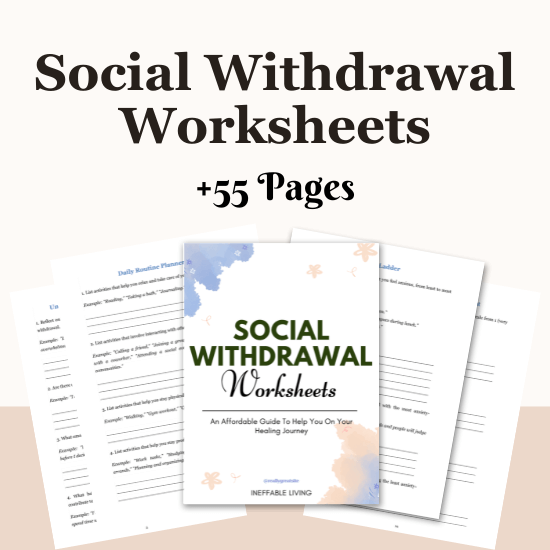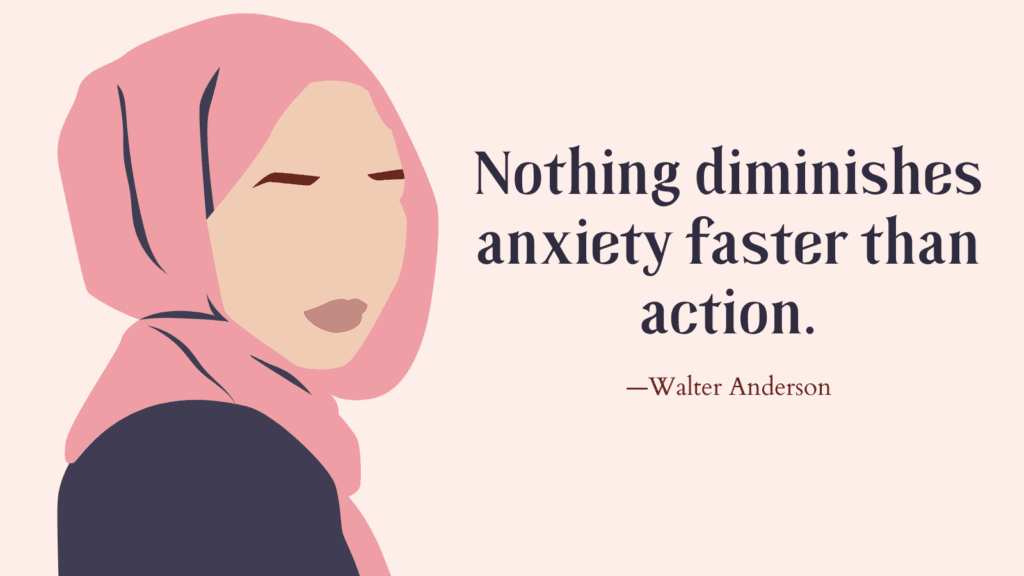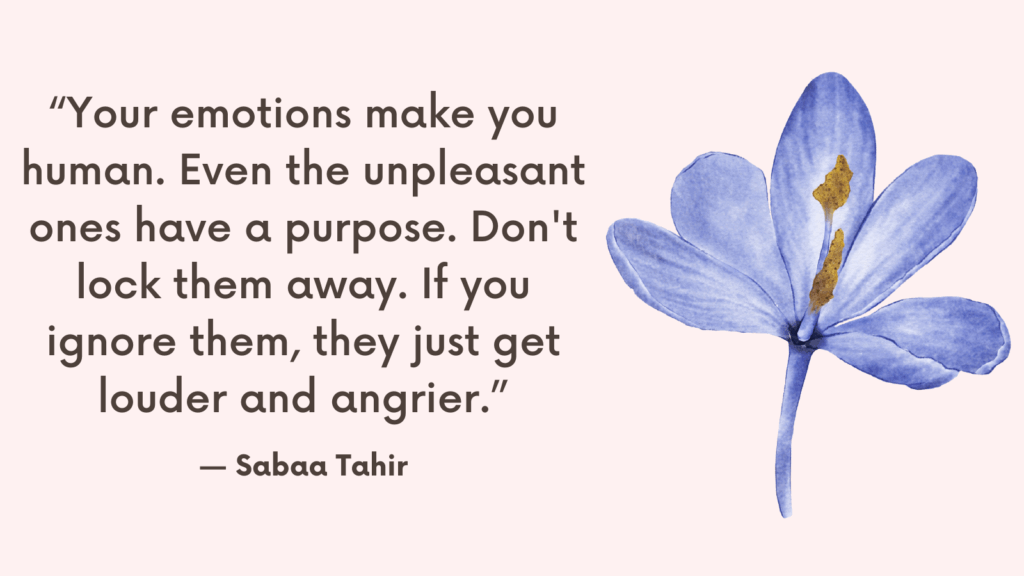After a season of isolation—whether due to mental health struggles, illness, trauma, or life circumstances—stepping back into social spaces can feel overwhelming. You may second-guess your words, worry about being awkward, or feel like you’ve forgotten how to connect. These feelings are normal. Rebuilding social confidence isn’t about becoming “perfectly social”—it’s about reconnecting with others at a pace that feels safe and authentic. Here’s how to begin.
Why Isolation Erodes Social Confidence Over Time
Lack of Practice Weakens Social Skills
Just like physical strength fades without use, social confidence declines when it isn’t exercised. Conversations, eye contact, small talk, and emotional expression all require ongoing practice. The longer someone is isolated, the more unfamiliar and uncomfortable these basic interactions can feel.
Fear Grows in the Silence
Without regular feedback from others — a smile, a nod, a shared laugh — the mind fills in the gaps. People may start to assume the worst: I’m awkward. They won’t like me. I won’t know what to say. These anxious thoughts grow louder with time and become harder to challenge in isolation.
Self-Doubt Becomes the Default
When you’re alone for long periods, there are fewer opportunities to feel accepted, valued, or affirmed by others. Without those external cues, self-doubt takes root. You may begin to question your worth, likability, or ability to connect — not because it’s true, but because you haven’t had a chance to experience otherwise.
Related: Top 10 Social Withdrawal Signs — & How To Social Isolation? (Hikikomori Syndrome)
Re-entry Feels Riskier
After long isolation, even small social situations can feel emotionally risky. What once felt normal — like saying hello or making eye contact — may now feel like a test. The brain interprets unfamiliar social environments as potential threats, causing anxiety and avoidance, which leads to even more isolation.
Shame Deepens the Cycle
People often feel ashamed of how long they’ve been disconnected, which makes them less likely to reach out. This shame creates a silent loop: I’ve been alone too long — now it’s too late to reconnect. But it’s never too late — it just feels harder without support.
How to Rebuild Social Confidence After a Period of Isolation?
1. Start With Small, Low-Stakes Interactions
You don’t need to dive into big gatherings. Begin with small steps: a quick hello to a neighbor, a text to a friend, or a short voice note. Simple acts rebuild connection and reduce fear over time.
2. Acknowledge the Awkwardness—Then Keep Going
It’s okay to feel rusty. Social skills are just that—skills. They come back with practice. Allow yourself awkward pauses or fumbled words without shame. The goal isn’t smooth conversation—it’s re-engagement.
3. Focus on Curiosity Over Performance
Shift from “Do they like me?” to “What can I learn about them?” Genuine curiosity eases pressure and helps you stay present instead of overthinking your own words.
Related: 30 Day Social Anxiety Challenge That Will Help You Feel More Confident
4. Reconnect With Safe People First
Spend time with people who make you feel seen, accepted, and unpressured. These relationships serve as a safe place to practice being social again.
5. Practice “Mini Exposure” to Social Settings
Try short, manageable outings—like a 10-minute walk in a park, grabbing a drink at a quiet café, or joining a virtual group event. Gradual exposure builds tolerance and reduces anxiety.
6. Use Self-Soothing Tools Before and After
Before a social event, ground yourself with breathwork, affirmations, or calming music. Afterward, allow time to decompress and process without self-criticism.
7. Don’t Wait to “Feel Confident” Before Engaging
Confidence doesn’t come before socializing—it grows through it. Courage comes first, confidence follows. Go in feeling uncertain, and let experience rebuild your trust in yourself.
8. Avoid Harsh Self-Talk After Social Interactions
Resist the urge to replay conversations with judgment. Instead of “That was so awkward,” try: “I showed up—and that matters.” Replace perfectionism with self-compassion.
9. Celebrate Every Act of Reconnection
Texted a friend back? Went to a small event? Made eye contact with someone? Celebrate it. Each act is proof that you’re rebuilding, step by step.
10. Let Relationships Evolve Gently
You don’t need to “catch up” on lost time or immediately rekindle every old friendship. Let your social world rebuild slowly and naturally, based on who aligns with who you are now.
Related: How to Handle Re-Entry Anxiety?

Conclusion
Rebuilding social confidence is an emotional and courageous journey. You are not behind, broken, or alone. With patience and kindness toward yourself, each small step becomes a bridge back to meaningful connection—and to the version of you who can feel safe in the presence of others again.



